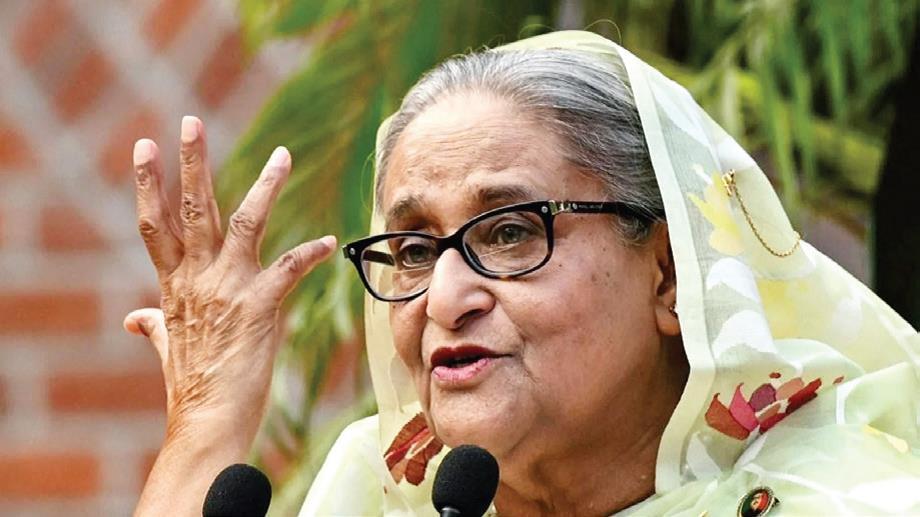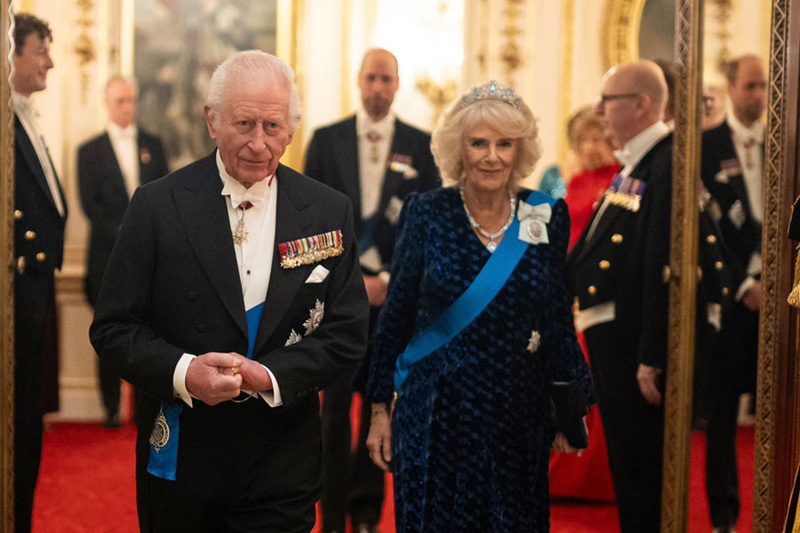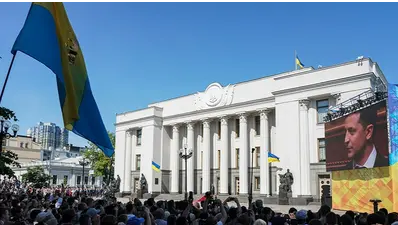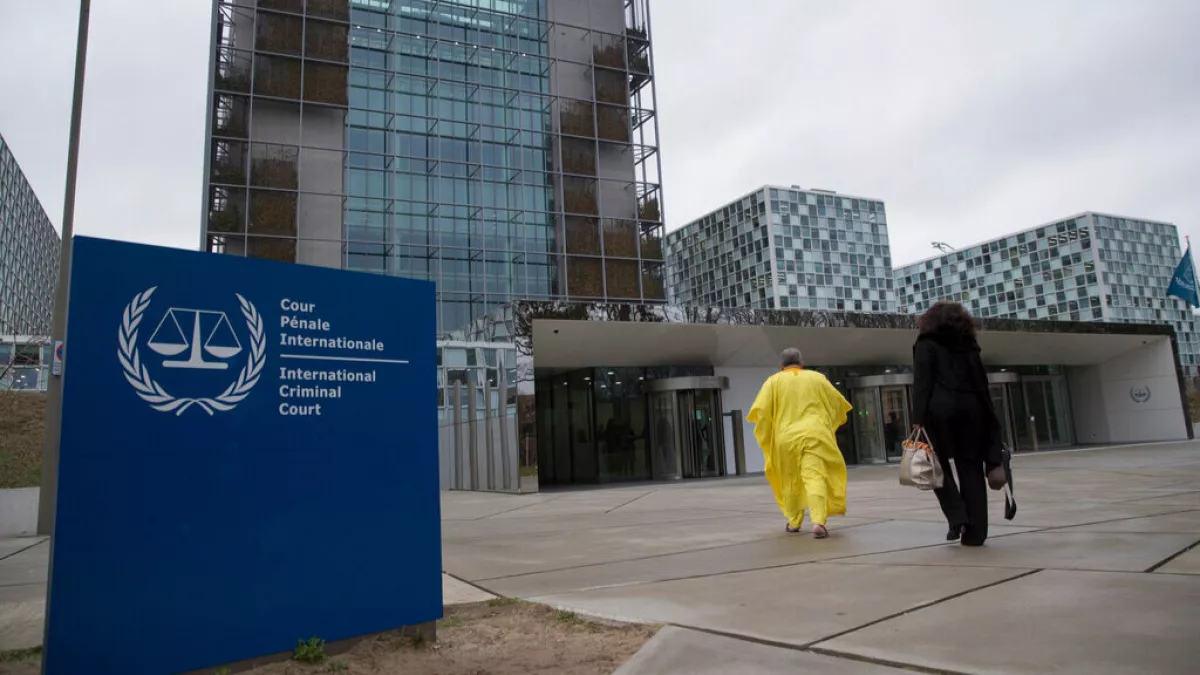
Hasina extradition call may strain Indo-Bangla ties
Bengaluru, NT Bureau: The India-Bangladesh relationship appears to be heading for choppy waters as the latter may demand the extradition of deposed Prime Minister Sheikh Hasina. Hasina is facing more than 100 criminal charges including murder and crimes against humanity after violently putting down popular protests.
The Mohammad Yunus-led interim gover nment pe gs the number of deaths at more than 1,000. Bangladesh foreign affairs advisor Touhid Hossain on Saturday said that if the demand were to be made by India, they’d have to oblige.
Speaking exclusively to Reuters, Touhid Hossain said: “On her stay in India, the question comes up that since there are so many cases, there could be speculations, I’m not the right person to answer this, if there is a request from there, we have to ask for her return to Bangladesh. That is if there is a demand from there (government) and that is an embarrassing situation for the Indian government. I think the Indian government knows this. I’m sure they’ll take care of it.”
“Professor Yunus (chief advisor to the Bangladesh government) is very unhappy about the way the statements are coming from India from the former Prime Minister (Hasina). He is quite unhappy about this and I’ve conveyed this to the (Bangladesh) high commission (in India). I have also told the press that I’ve conveyed this to the high commission because we believe in transparent relations,” he added.
Will wait: Jaishankar
When asked about Hasina’s extradition at a conclave, External Affairs Minister S Jaishankar on Saturday said that it was too early to comment on it.
“No look, you are in the newspaper business. For you, it’s a 24-hour cycle. I’m in the diplomacy business. I’m prepared to wait at least a few more months for anything to fructify. I would not be in a hurry to call out situations,” he said.
Quota ignites protests
The Bangladesh High Court on June 5 reinstated a 30 per cent quota in civil services for descendants of freedom fighters who participated in the 1971 civil war against West Pakistan. It was seen as a ploy by Hasina – who is alleged to have had a tight grip on the judiciary – to ensure Awami League (AL) loyalists corner nearly a third of government jobs.
The youth, reeling under high unemployment rates, saw this as an attempt to snatch government jobs from them. A students’ movement began in earnest in July and turned violent when it was met with lethal force.
 English daily published in Bengaluru & Doha
English daily published in Bengaluru & Doha






